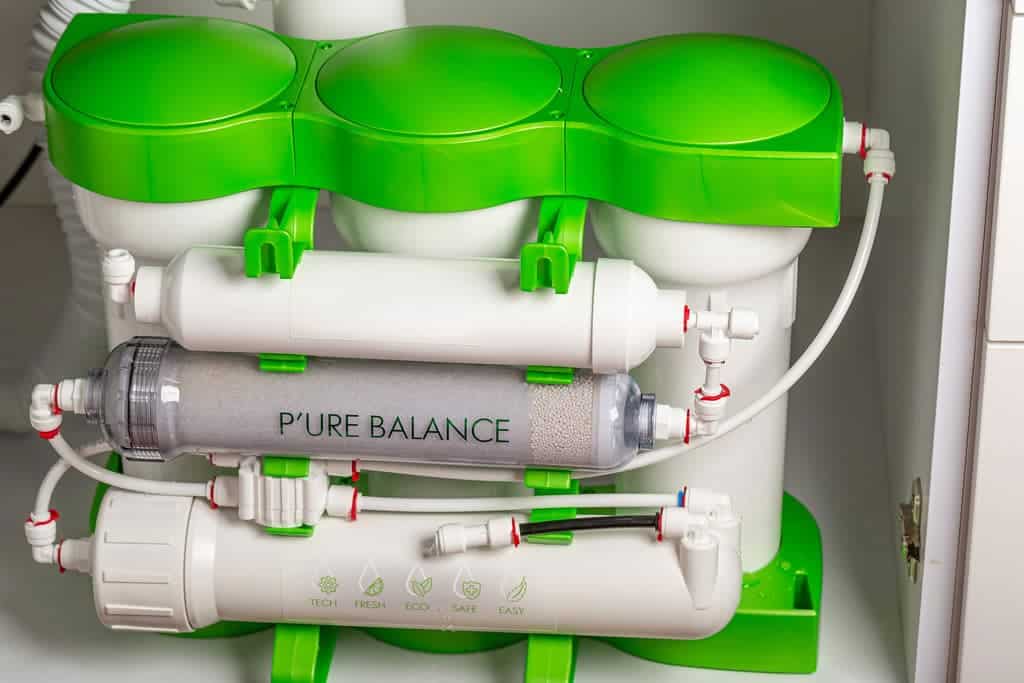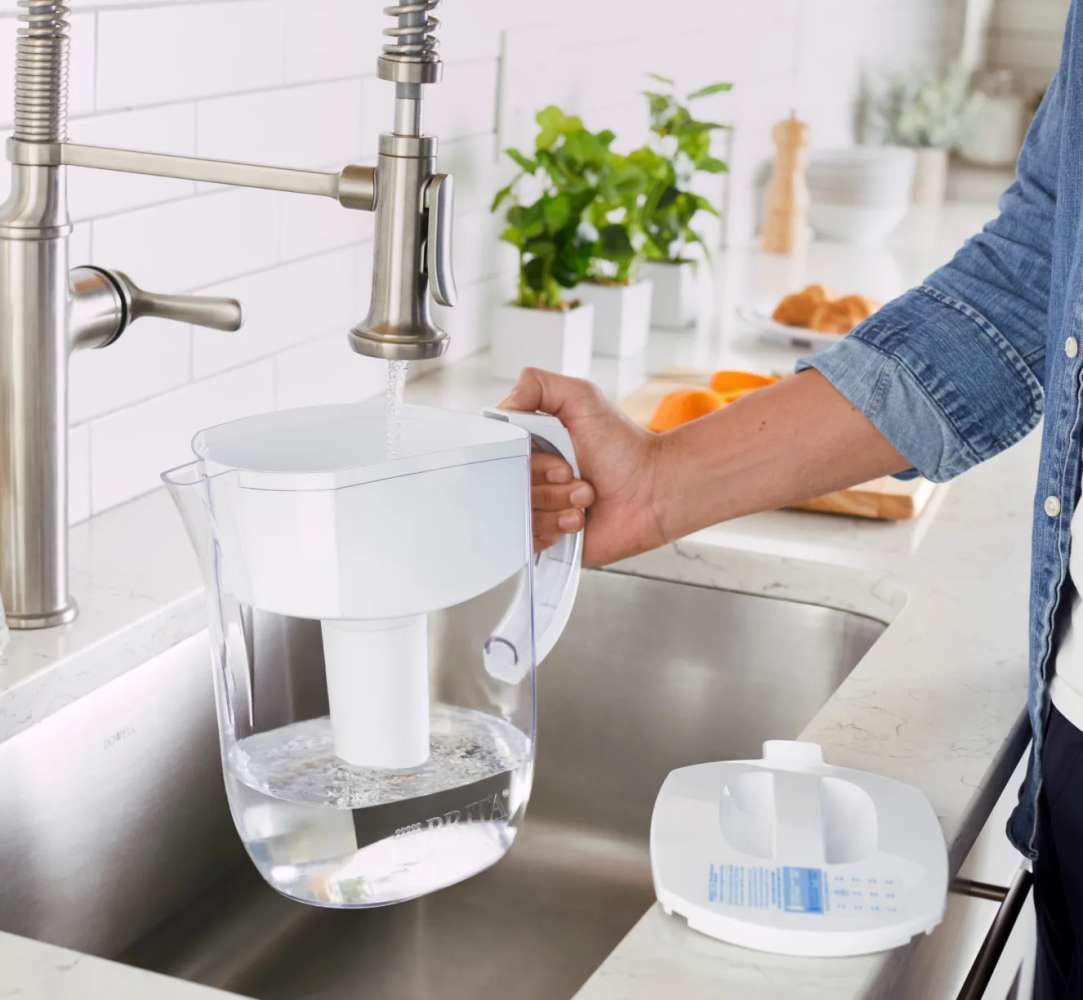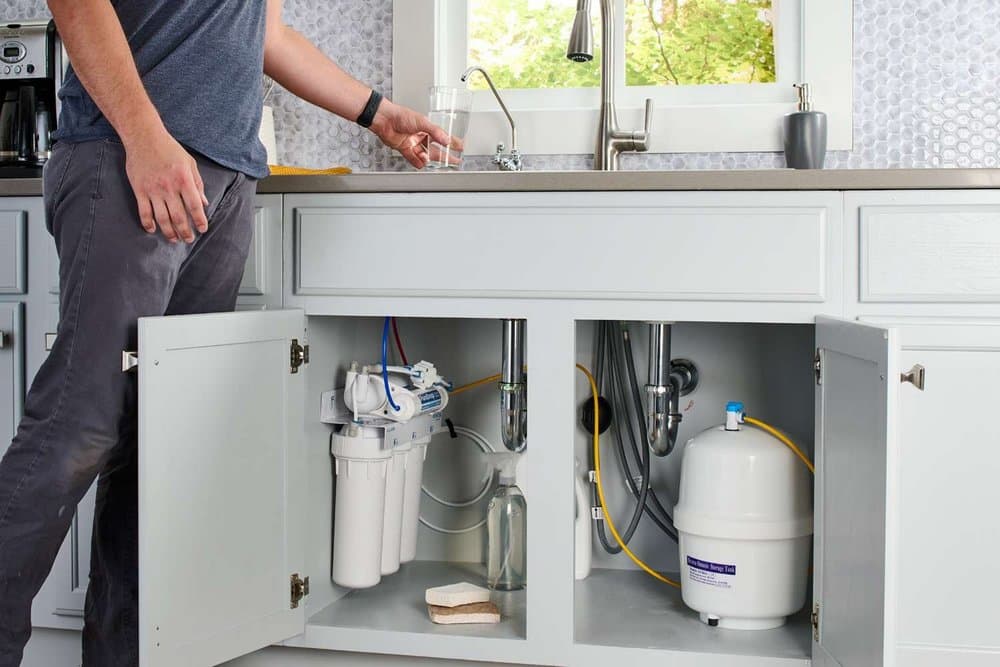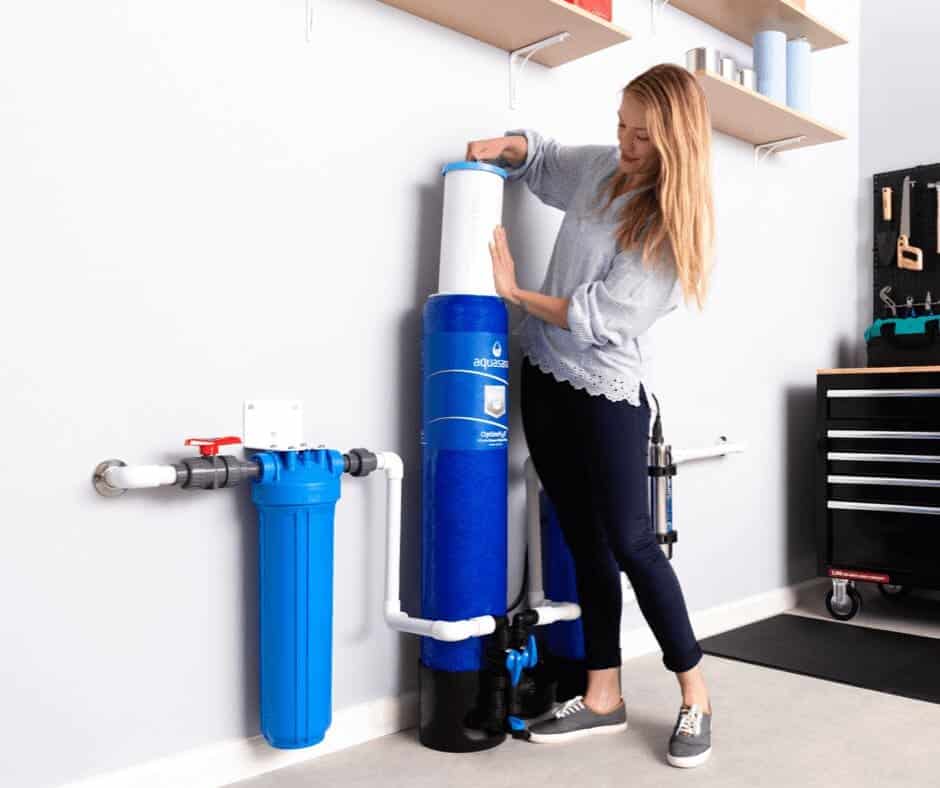
Is your water as safe as you think? Probably not. The EPA says your water could contain as many as 90 harmful contaminants. But there’s good news. Improving the quality of your water is easy. It is simply a question of water filtration vs water purification.
While these methods have similar goals, their efficiency differs. A filter may simply use a KDF filter cartridge to remove contaminants. But with a purifier, the process is a lot more elaborate.
Read on to learn what a water purifier is and how it differs from a regular filter.
What is a Water Filter, and How Does It Work?
This is a simple device that removes impurities from water. Filters work by forcing the liquid through a porous material, usually made of activated carbon or ceramic. This material, known as the cartridge, captures the impurities, allowing only clean, safe content to pass through.

Some of the common types include whole-house filters, point-of-use filters, shower filters, refrigerator filters, and under-sink filters.
Advantages
- If you choose a filter system for your home, potential advantages include the following.
- Removes a wide variety of impurities, including sediments, chlorine, VOCs, and sometimes bacteria.
- Eliminates bad odor and taste. It essentially removes what may have been causing these issues.
- A lock-in-place mechanism for easy installation.
- Extends the lifespan of your pipes and fittings.
- Cost-effective compared to buying in bottles.
Disadvantages
There are also a few disadvantages to expect with this system. These include.
- Certain bacteria, pesticides, herbicides, and dissolved inorganic substances may remain after filtration.
- A typical filter cartridge lasts an average of six months. You have to replace it regularly.
- Some of these systems work slowly. This can be a problem for some users.
What is a Water Purifier, and How Does It Work?
This is a filtration system that uses advanced methods to remove impurities from water. If you’re comparing water purification vs filtration, a purifier can remove more contaminants. This includes chemicals, viruses, bacteria, and dissolved inorganic matter. Purifiers can work by using either reverse osmosis, UV tech, or a distillation process.
In reverse osmosis, fluid is forced through a semipermeable membrane to remove impurities. UV technology kills pathogens by damaging their DNA. The distillation process involves heating the liquid to produce steam. It is then cooled and collected, leaving the impurities behind.

Advantages
If you choose to invest in a purifier, typical advantages you can expect will include the following.
- Purifiers can eliminate a wider variety of contaminants.
- It removes dissolved solids.
- Eliminates toxic chemicals.
- Maintains essential minerals.
- High-speed filtration.
Disadvantages
Typical disadvantages of purifiers are.
- Purifiers are generally more expensive than filters. Some even require electricity to work, adding up the cost of use.
- This process tends to be wasteful. Reverse osmosis (RO) for example, wastes 5 gallons for every 1 gallon of permeate.
- Purifiers typically require regular maintenance to ensure their effectiveness. This includes replacing, cleaning the system, and replacing parts and components.
Water filters vs Water Purifiers: What to Choose?
Trying to decide between a filter and a purifier?
Your choice will depend on the quality of your source. A filter, for example, can be sufficient if you fetch from a municipal source and simply need basic filtration. But, if your source is really bad, such as from a well or lake, you will want a higher level of filtration that only a purifier can provide.

Final Thoughts
The water purifier vs water filter argument is a long and old one. Hopefully, this article has highlighted the difference between the two. Both are actually excellent solutions and investing in either can improve your water quality. It also protects against diseases.
As already established, there is no one-size-fits-all answer when it comes to water filtration and purification. It all comes down to personal preference. Whatever you decide though, remember to buy from a reputable company like Filterway.








